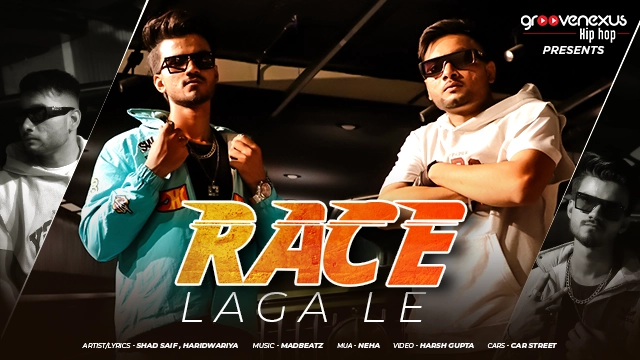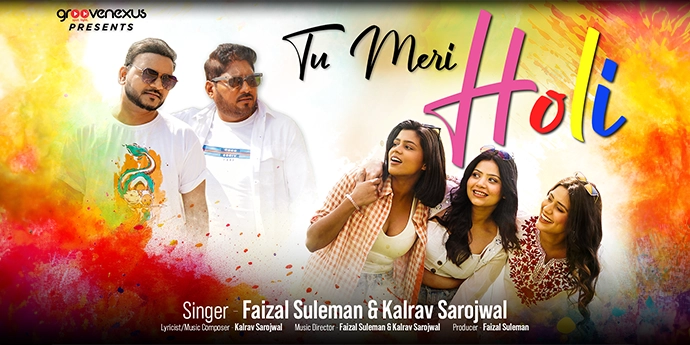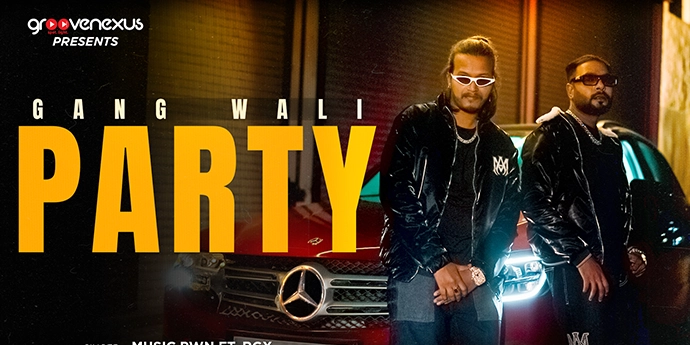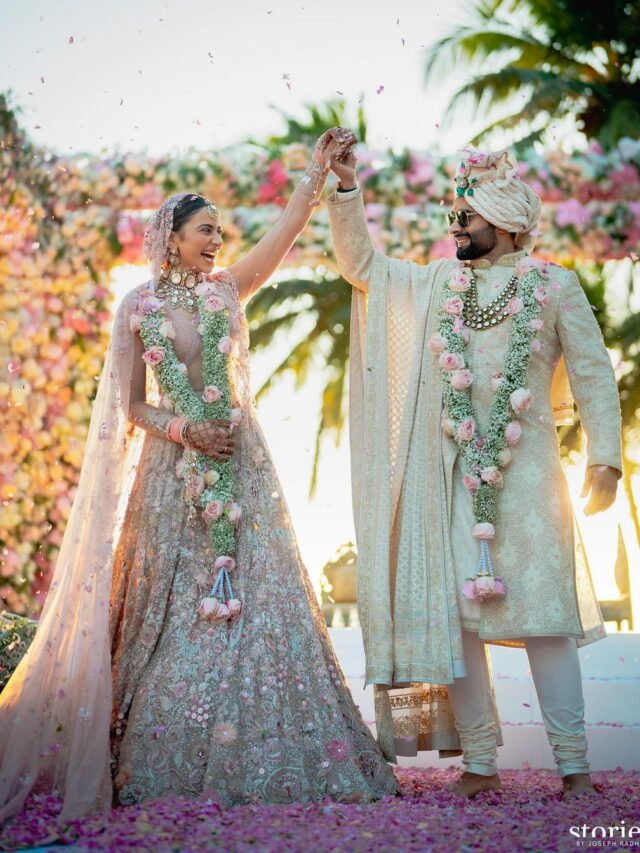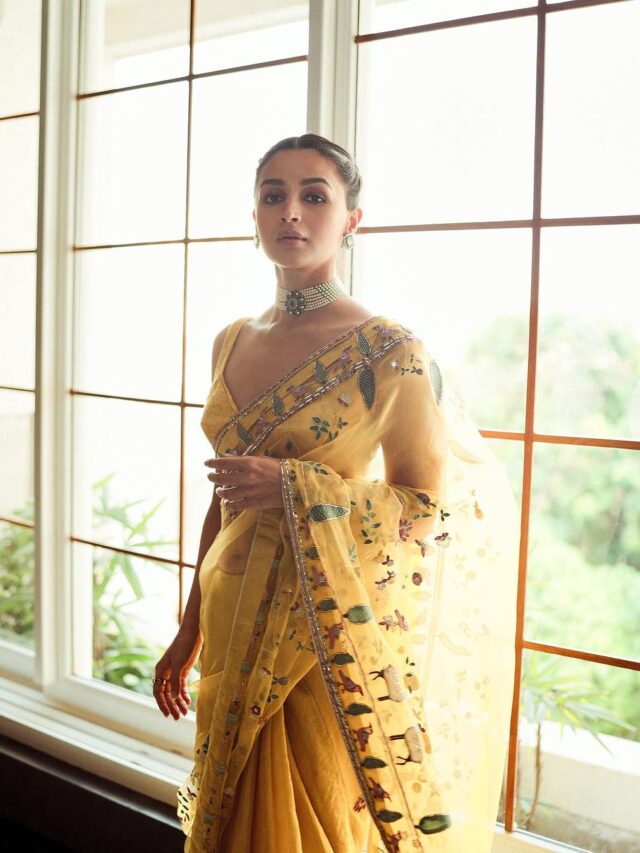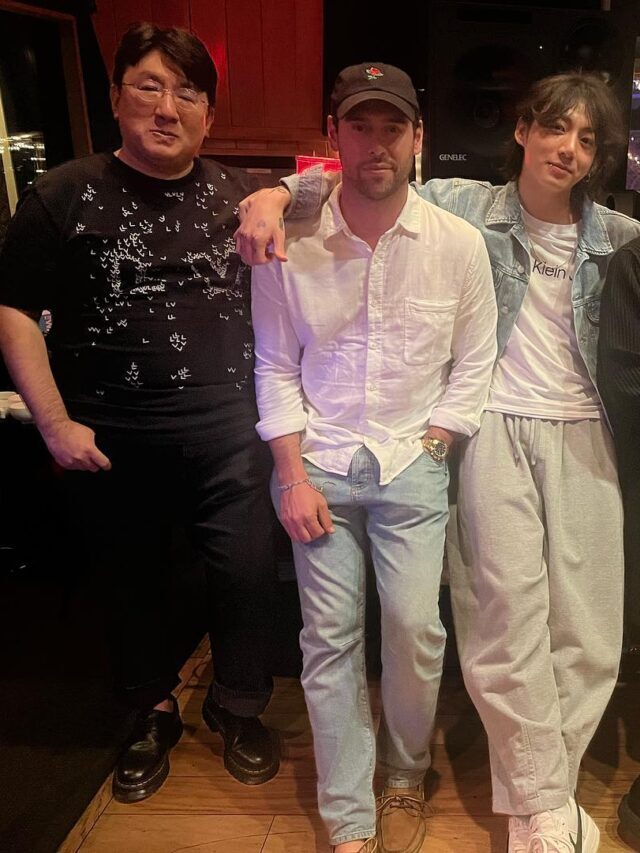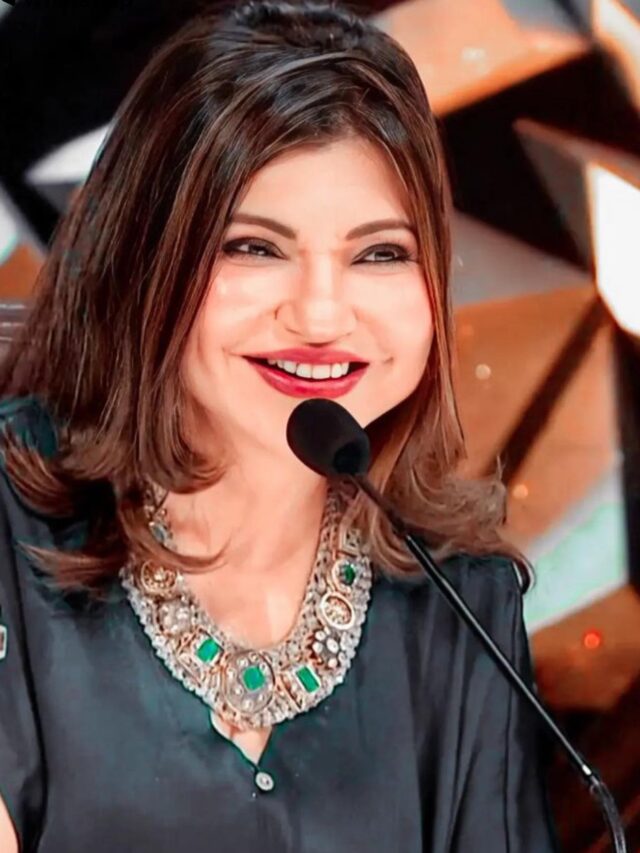In this blog, we will discuss performance royalties and how performance royalties’ work.
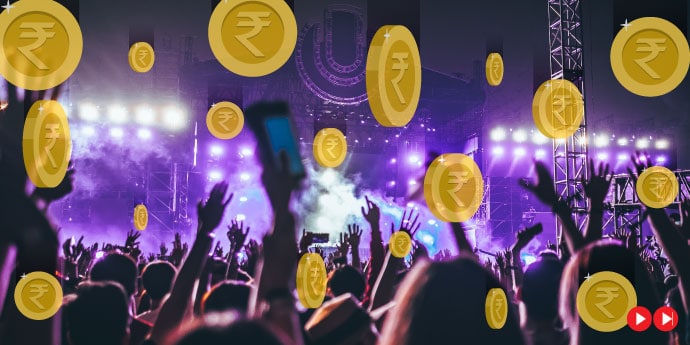
The music business has been altered in various ways by digital streaming services. One of them is that they’ve established a new cash stream for composers in the shape of performance royalties. While music digital streaming has rekindled interest in performance royalties, it is still a tiny portion of the pie radio plays, live performances, and performances as part of a television program, film, or commercial produce performance royalties.
What are Digital Performance Royalties?
In return for the right to broadcast or play a copyrighted musical composition in a public setting, composers and their publishers are compensated with digital performance royalties. This includes radio broadcasts, television broadcasts, live performances in locations such as pubs and clubs, and interactive internet feeds. But before we dive in, it’s necessary to review the fundamentals, and when it comes to royalties, it all starts with copyright:
Two Sorts of Copyright: Composition vs. Master
When a musical composition is fixed in a physical medium, such as words scribbled in a notebook or a harmony recorded in sheet music, copyright is immediately established for the authors and their music publisher (if one exists). The composers and their music publishers possess this copyright over the underlying piece of music – the harmony, melody, and lyrics.
On the other hand, master copyright is reserved for the unique manifestation of a work in its recorded form. It is held by the recording artists and the record company that financed the recording.
Consider cover versions to illustrate the distinction between the two forms of copyright: each freshly recorded cover version will have its master copyright, while the original piece of music, which includes the harmony, melody, and lyrics, is protected by composition copyright.
As a result, performance royalties are paid solely to the copyright holders of the musical work. Artists and labels do not. For a comprehensive discussion of royalties in the music business, see our overview of royalties on both sides of the music copyright divide.
When are Performance Royalties Paid?
Royalties are earned when a musical work is performed live in a concert hall or broadcast on radio, TV, and movie screens.
Television series (terrestrial, satellite, and internet).
Radio stations pay PROs for blanket licenses that let them play nearly any song. They then report the plays to the PROs through broadcast logs, used to pay composers and publishers royalties. In a subsequent article, we’ll cover how royalties are calculated for specific airplay.
Radio Plays (Terrestrial, Satellite, and Internet)
As a rule, radio stations pay Performance Rights Organizations (PROs) for cover licenses that give them the option to play any music in existence. Then, at that point, they report the plays to the PROs through broadcast logs, which are utilized by PROs to distribute royalties to musicians and their publishers. The specific calculation of how royalties are paid out for specific airplay relies upon different elements, so we’ll go over the details in a future post.
Recommendation list- Radio royalties
Digital Streams
Since we genuinely own no music, we listen to, each stream on a DSP qualifies as a public performance – even if it’s broadcast to the privacy of our headphones. Streaming services often have direct ties with publishers (Kobalt, Downtown/Songtrust, or major-label affiliates). However, most streaming providers pay performance royalties to PROs, publishers, and composers.
The Copyright Royalty Board sets the public performance royalty rates for streaming services (CRB) in the US. After negotiating with PROs, streaming services subtract this amount (usually 6-7 percent of total income) from their All-In Royalty Pool – the entire amount due to songwriters and publishers, including public performance and mechanical royalties (more on that later).
Plays & Performances in Live Venues
Individuals are frequently amazed to discover that each time they hear a tune in any public place, whether it’s played at a bar, club, or café, in a lift, or a metro station, that performance is possible answered to a PRO — and hence creates public performance royalties. Often, such public performance platforms obtain cover licenses from PROs — very much like radios do — and log every one of the tracks they broadcast back to the collection society’s orders so they can split the royalties between corresponding songwriters.
Conclusion
If you’ve made it this far, you understand what music performance royalties are. The main takeaway for music professionals is that, while streaming platforms have created new revenue streams for artists and performance royalties can be a valuable source of revenue, navigating this complex landscape necessitates a basic understanding of where royalties are flowing and how they are generated.
We hope your doubts regarding performance royalties are clear. Write in the comment how did you like this post? You can also pick how does music industry works for yourself.
If you find this blog helpful, you can read more about the best Australian music blogs.



